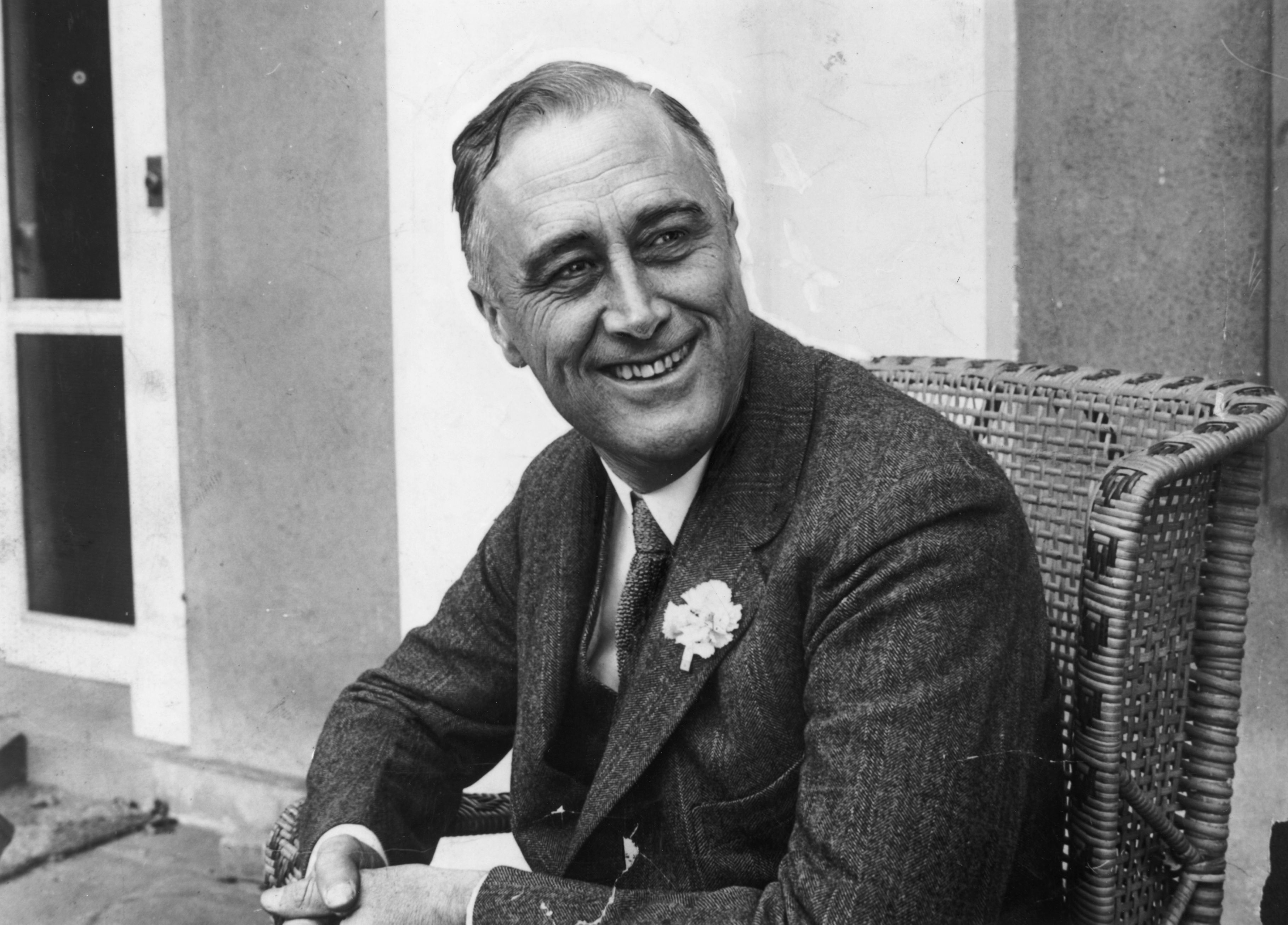5 June 1933: The US dollar is unshackled from gold
On this day in 1933, US president Franklin D Roosevelt banned gold from being used as a method of payment in private contracts.


Get the latest financial news, insights and expert analysis from our award-winning MoneyWeek team, to help you understand what really matters when it comes to your finances.
You are now subscribed
Your newsletter sign-up was successful
Want to add more newsletters?
From 1879, America was on a fully convertible gold standard. Anyone could demand that the government swap their cash for gold at a fixed rate of $20.67 per ounce, which meant that every US dollar in circulation had to be backed by gold. In turn, this meant that, despite the creation of the US Federal Reserve in 1913, the money supply was dependent on the amount of gold in America's national gold reserves.
This prevented the Fed from printing more money in the early 1930s to counteract the effects of the Great Depression. In fact, the collapse of several banks led to a rush of investors demanding gold. That drained gold reserves, reducing the money supply.
The depression drove several countries off the gold standard, most notably Britain in 1931. By 1932 the US was one of only six gold-standard countries. This made the dollar more expensive, hitting exports.
Try 6 free issues of MoneyWeek today
Get unparalleled financial insight, analysis and expert opinion you can profit from.

Sign up to Money Morning
Don't miss the latest investment and personal finances news, market analysis, plus money-saving tips with our free twice-daily newsletter
Don't miss the latest investment and personal finances news, market analysis, plus money-saving tips with our free twice-daily newsletter
In March 1933, president Franklin D Roosevelt stopped banks from selling gold to the public, and banned private ownership of more than five ounces of gold bullion, with the Fed buying up stocks. In June, he banned gold from being used as a method of payment in private contracts. The dollar was devalued by 40% over the next year.
Despite this, the US remained on a gold standard for nearly 40 years, with convertibility still in place for foreign banks though at a rate of $35 dollars per ounce. Indeed, the Bretton Woods agreement in 1945, which fixed most major currencies to the dollar, meant there was, in effect, a global gold standard from the end of World War II to August 1971, when the US left the system altogether.
Get the latest financial news, insights and expert analysis from our award-winning MoneyWeek team, to help you understand what really matters when it comes to your finances.

-
 The rare books which are selling for thousands
The rare books which are selling for thousandsRare books have been given a boost by the film Wuthering Heights. So how much are they really selling for?
-
 Pensions vs savings accounts: which is better for building wealth?
Pensions vs savings accounts: which is better for building wealth?Savings accounts with inflation-beating interest rates are a safe place to grow your money, but could you get bigger gains by putting your cash into a pension?